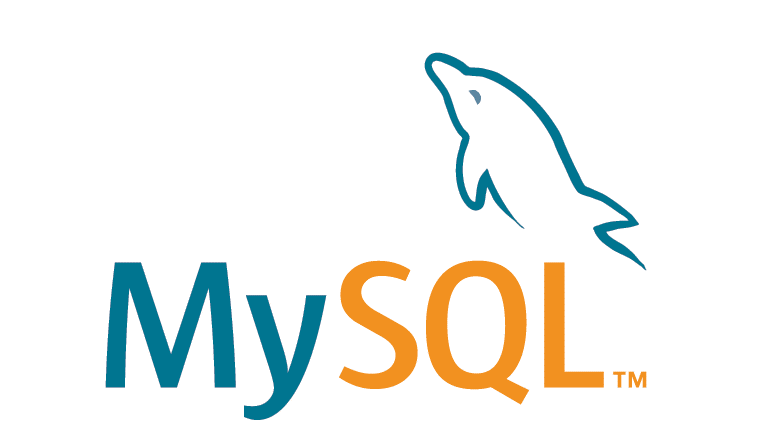MySQL is a database engine or database server that supports SQL search database language. MySQL is a multithreaded, multi-user SQL or DBMS database management system software. MySQL AB makes MySQL available as free software under the GNU General Public License (GPL), but they also sell under a commercial license for cases where its use is incompatible with the use of the GPL.
MySQL is actually a derivative of one of the main concepts in databases for a long time, namely SQL (Structured Query Language). SQL is a database operation concept, especially for the selection or selection and entry of data, which allows data operations to be done easily and quickly automatically. The reliability of a database system (DBMS) can be seen from the way the optimizer works in processing SQL commands, which are made by the user and the application programs. As a database server, MySQL can be said to be superior to other database servers in querying data. This is proven for queries performed by a single user, MySQL query speed can be ten times faster than PostgreSQL and five times faster than Interbase.
MySQL has several advantages, namely:
- MySQL can run stably on various operating systems such as Windows, Linux, FreeBSD, Mac Os X Server, Solaris, Amiga, and many more.
- Open Source. MySQL is distributed open source, under the GPL license so it can be used for free.
- MySQL can be used by several users at the same time without experiencing problems or conflicts.
- MySQL has amazing speed in handling simple queries, in other words it can process more SQL per unit time.
- MySQL has very complex column types, such as signed / unsigned integer, float, double, char, text, date, timestamp, and others.
- MySQL has full operators and functions that support Select and Where commands in queries.
- Security. MySQL has several layers of security such as subnetmask level, hostname, and user access permissions with a detailed permission system and encrypted password.
- Scalability and Restrictions. MySQL is able to handle databases on a large scale, with more than 50 million records and 60 thousand tables and 5 billion rows. In addition, the index limit that can be accommodated reaches 32 indexes in each table.
- Can connect with clients using TCP/IP, Unix sockets (UNIX), or Named Pipes (NT) protocols.
- MySQL can detect error messages on clients using more than twenty languages.
- MySQL has an interface (interface) to various applications and programming languages using API (Application Programming Interface) functions.
- MySQL has a table structure that is more flexible in handling ALTER TABLE, compared to other databases such as PostgreSQL or Oracle
The need for digital IT is needed in daily activities, Bead IT Consultant is the right choice as your partner, visit our website by clicking this link: www.beadgroup.com

